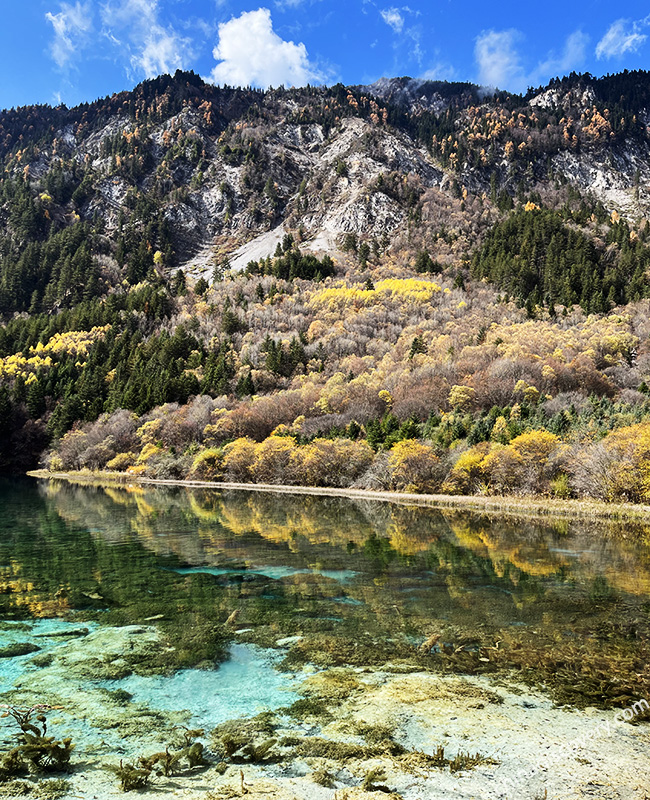Planning your trip
When planning a trip to Tanzania, it’s important to do thorough research about the country beforehand. Tanzania has a diverse landscape and culture that differs greatly from Western nations. Some things to research include Tanzania’s climate, geography, language, customs, cuisine, and must-see destinations. Understanding the local Swahili language and culture will enhance your experience. It’s also essential to check vaccination requirements like those for yellow fever and malaria prophylaxis before traveling to Tanzania.

Health and safety precautions
Tanzania is relatively safe for travelers but it’s still important to take basic safety precautions. Crime does occur, especially in large cities, so avoid walking alone at night and don’t carry large amounts of cash openly. The risk of malaria is high year-round so take anti-malarial tablets as prescribed and use insect repellent regularly. Vaccines for hepatitis A and typhoid are also recommended. Wash your hands frequently and drink only bottled water to avoid illness. Monitor local situations and advisories from the U.S. Embassy regarding the recent Marburg virus outbreak. Seek medical care immediately if you develop fever or other symptoms.
Money and transportation
The currency in Tanzania is the Tanzanian shilling (TZS). It’s best to obtain local currency either at the airport or from an ATM upon arrival. Major credit cards are accepted in major tourist areas but always have cash as a backup. Public transportation like dala dala minibuses are affordable but bajaji tuk-tuks are a quicker way to get around crowded cities like Dar es Salaam. Uber and motorbike taxis also operate in some areas. Opt for organized tours and trusted taxi services at night for enhanced safety.
Communication
While English is widely understood in urban areas and tourist destinations, the main local language is Swahili. Learning some basic Swahili phrases will go a long way in connecting with locals. Common phrases include “jambo” (hello), “asante” (thank you), and “pole” (sorry). It’s also a good idea to purchase a local sim card with data or inform your hotel/lodge of emergency phone numbers like the police ahead of your visit. WiFi connectivity is improving but can still be unreliable in remote areas.
What to pack
Tanzania experiences hot and humid weather year-round along the coast but much variation occurs at higher elevations. Light, breathable clothes layered for temperature changes are best. Don’t forget a wide-brimmed hat, sunscreen, sunglasses, and sturdy walking shoes. Binoculars and cameras are handy for wildlife spotting on safaris. Pack toiletries, bug spray, water bottles, and first aid essentials. If visiting Zanzibar, bring a lightweight cover-up for conservative beach attire and visits to mosques. Organize your documents, cash, cards, and sim in a money belt for convenience and security.
Wildlife viewing and safaris
Tanzania is one of Africa’s top destinations for wildlife viewing, with over 30% of its land designated as national parks, reserves, and conservation areas. Iconic parks like Serengeti, Tarangire, and Lake Manyara are famous for the annual wildebeest migration, big cats, elephants, and over 500 bird species. When planning safaris, decide between booking multi-day mobile camping safaris or day trips from hotels/lodges. Both offer memorable game drives and encounters subject to weather patterns and animal movements. Opt for reputable operators with knowledgeable guides as they considerably enhance the experience.
Beaches and islands
Along with its famed national parks, Tanzania also boasts some of Africa’s most pristine beaches and islands. Zanzibar’s spice-scented Stone Town is a UNESCO Heritage Site filled with winding alleyways, ornate palaces, and mosques. Relaxing powder white beaches and turquoise waters await along its coastline. Other notable island beach destinations include Pemba, Mafia Island and tropical Mnemba Atoll in the south. Mainland Dar es Salaam also offers accessible options like Coco Beach and Sea Cliff Hotel for city dwellers seeking an escape.
Local culture and cuisine
Tanzania is a diverse, multi-ethnic country with over 120 local tribes and their unique cultures. Experience these through staying in local villages or cultural boma tours. Tanzanian cuisine is similarly eclectic, influenced by African, Arab, Indian and Portuguese settlers. Staples include ugali (cornmeal porridge), chapati (flatbread), birianis, and fresh seafood along the coast. Coconut curries pair well with rice. Be sure to sample local mahindi (roasted corn), nyama choma (barbecued meat), and traditional Tanzanian chai. Local markets also offer an authentic glimpse into Tanzanian way of life.
Customs and etiquette
Tanzania is a conservative, modest country. Dress conservatively especially at religious sites, in smaller towns and when interacting with locals. Remove shoes when entering homes and mosques. Learn a few Swahili phrases as a sign of respect towards the national language. Be patient – timekeeping is more flexible. Greet with a handshake and smile to help disarm any initial uncomfortableness. Shopping is a social activity – bargaining is expected but do so politely. Remember to bring small gifts if invited to a home to show appreciation for Tanzanian hospitality.
Final recommendations
Travel safely and take proper precautions during your Tanzania trip. Experience the culture through direct engagement with locals by learning the language, respecting customs and enjoying street food. Sign up for an impactful volunteering project or cultural immersion tour to deepen understanding. Be spontaneous and open to new experiences off the beaten track for richer connections. Above all, travel with patience, empathy and care towards Tanzania’s warm people and spectacular natural landscapes. With proper planning and precautions, it promises to be a memorable African adventure.

 The evolution of Chinese Communism compared to Soviet Communism
The evolution of Chinese Communism compared to Soviet Communism